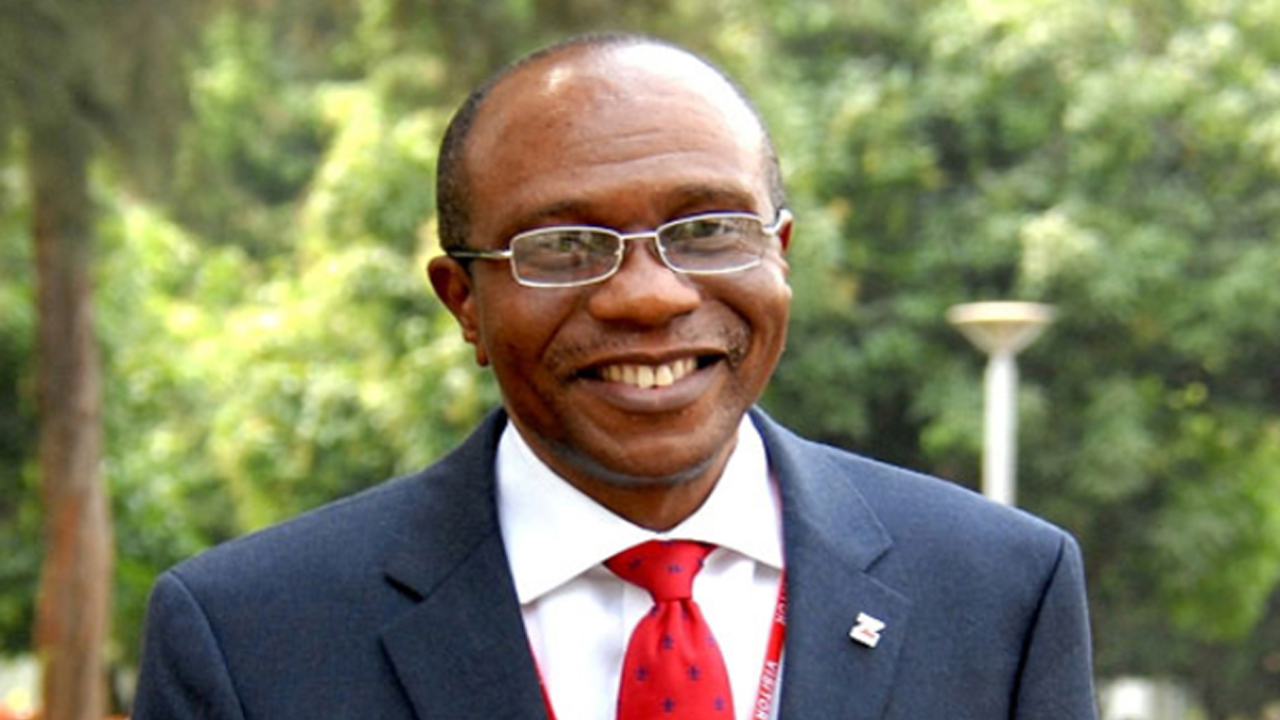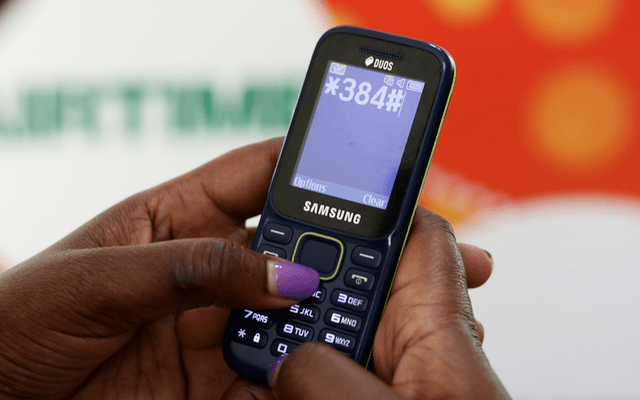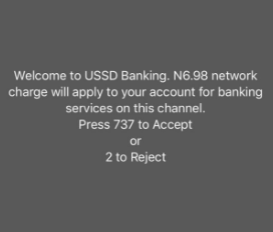The Federal Government has filed a suit challenging the Supreme Court’s ruling on Wednesday which granted the relief sought by three All Progressives Congress (APC) governors to extend the deadline for the use of the old naira notes beyond February 10, 2023.
The Governor of Central Bank Nigeria Godwin Emefiele, had announced February 10 as the new deadline for the legal tender status of the old N1000, N500 and N200 notes following a public outcry that trailed the scarcity of the new naira banknotes less than 48 hours to the initial target date of January 31.
However, contrary to expectations, the extension has not improve circulation of the new notes as commercial banks reportedly restrict cash flow, forcing citizens to buy back their savings from agents such as Point of Sale (POS) operators, for between 10-30 per cent of the amount needed.
Consequently, Governors Nasir El-Rfai of Kaduna, Yahaya Bello of Kogi and Bello Matawalle of Zamfara, approached the Supreme Court to restrain the federal government through the CBN from enforcing the February 10th deadline, listing the Attorney-General of the Federation (AGF) Abubakar Malami, as the sole defendant.
The Governors through their legal counsel Abdulrakeem Mustapha argued that many citizens were yet to see the newly redesigned naira notes let alone participate in the cash swap programme, despite assurances by the government to make the currency available.
A seven-member panel led by Justice John Okoro, granted the relief sought by issuing an order of Interim Injunction restraining the federal government from enforcing the February 10 deadline, pending the hearing and determination of their motion on notice for interlocutory injunction on February 15th.
The ruling came two days after a federal capital territory (FCT) High Court delivered a ruling compelling the CBN to go ahead with the full implementation of the naira redesign policy.
The judge of the FCT high court Eleojo Enenche, also ordered the CBN not to extend the deadline pending the determination of the suit.
“An order of interim injunction is hereby made restraining the defendants whether by themselves, staff, agents, officers, interfacing banks or whosoever not to suspend, stop, extend, vary or interfere with the extant termination date of use of the old N200, N500, and N1000 bank note being 10th day of February, 2023, pending the hearing and determination of the motion on notice,” the court held.
Reacting to Wednesday’s counter-ruling, the Minister of Justice said that the Supreme Court lacked jurisdiction to entertain the matter since it was not a dispute between the federation and the state governments, but merely an issue about CBN’s policy and asked the court to dismiss the suit.
Similarly, a former Chairman of the Nigerian Electricity Regulatory Commission (NERC) Sam Amadi, also queried the Supreme Court’s ruling: “Why can’t the Supreme Court adjourn for a day and hear the matter on merit? Why issue an exparte order that invariably grants the main relief?”
But human rights lawyer Inibehe Effiong, expressed the view that the new Naira notes and the limits on cash transactions and withdrawal was a threat to corrupt political actors who are planning to buy votes during the February 25th election.
Effiong also accused commercial banks in the country of “economic terrorism”, saying that the banks were working for some criminal elements and profiting from the suffering of citizens.
He tweeted: “Yahaya Bello and El-Rufai are suddenly governors that care about the masses and public opinion? El-Rufai that has demolished the homes of people, sacked workers and opposed industrial actions by labour unions is suddenly interested in hardship occasioned by new Naira notes? ?”








